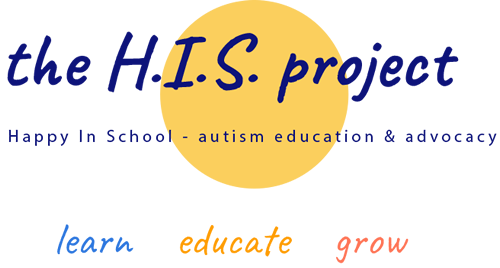Hmm.
Sometimes referred to as ‘shock docs’. Documentaries designed to shock. Extended clips of children throwing a spectacular tantrum and parents looking on wearily and tearfully. I have worked with TV production companies in the past, and understand they need tension, drama and high emotion, even when making investigative programmes. But the pragmatist in me, says yes it’s awful, but now what?

My reaction to a recent programme with the positives first (always put the positives first:)
✅ it was good to raise wider awareness of the challenges (especially during lockdown) that many parents have faced when supporting their SEND children at home
✅ a presenter with a disability was a good choice
✅ use of diverse family selections felt representative
However, the programme…
🙃 veered towards ‘shock doc’ category *see above
🙃 it didn’t raise any issues seasoned special needs families wouldn’t already be aware of
🙃 the focus appeared to be on children with more complex needs, potentially creating anxiety in newly diagnosed families. The viewer is left with overwhelming feelings of compassion for the families, but no real sense of resolution.
What would I want to see?
-Longer programmes with room for more in-depth debate
-Analysis on what could be done better, practically to improve the EHCP process for families
-Greater remorse and accountability from the officials interviewed
-Wider range of talking heads
It was distressing to see what so many families have gone through or are still experiencing. Especially when their spectacle appeared to be unresolvable. Many months ago during the thick of lockdown, I shared my view on social media that now is a perfect time for an radical revamp of education policy and SEN education delivery. The mental health and well-bring of a whole generation of young people depends on it. I feel that more strongly than ever.
Complaining about a system doesn’t change it. A system or structure is made up of component parts: legislation, tacit agreement and – a rather large part – people. Bemoaning systemic or structural discrimination as if people have absolutely no part in it, merely perpetuates the effectiveness of the ‘system.’ Every person in the system, is responsible for their actions. We are all links in a complicated chain, but a broken link, can literally break lives and families.
I explore these issues and more in my new book: S.E.N.D. in the Clowns. Buy your copy today.
www.hashtagpress.co.uk/shop

